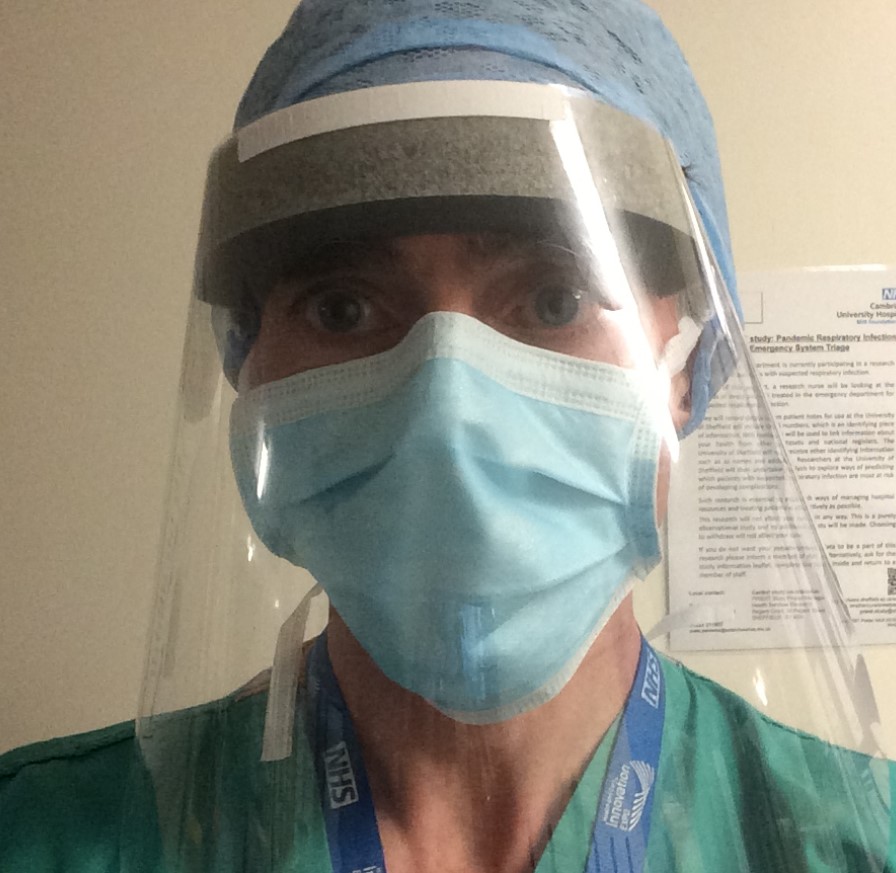
“It’s been very humbling” – Neuroscientist Paul Fletcher on returning to the clinic and the psychiatric impacts of the pandemic
This case study has been republished here following kind permission from the University of Cambridge. As hospital wards fill up with COVID-19 patients, many senior academics are finding themselves returning to the frontline, working alongside NHS colleagues to prevent existing services becoming overwhelmed. For some of them, it may be several years – decades, even – since they last did…
- Read article
Study identifies brain networks that play crucial role in suicide risk
Discoveries
An international team of researchers has identified key networks within the brain which they say interact to increase the risk that an individual will think about – or attempt – suicide. Writing in Molecular Psychiatry, the researchers say that their review of existing literature highlights how little research has been done into one of the world’s major killers, particularly among the…
- Read article
Cambridge joins new transatlantic research alliance to detect cancer at its earliest stage
Discoveries
The University of Cambridge will be a partner in a new transatlantic research alliance announced today to help more people beat cancer through early detection. Cancer Research UK will invest up to £40 million over the next five years into the International Alliance for Cancer Early Detection (ACED). ACED is a partnership between Cancer Research UK, Canary Center at Stanford…
- Read article
Type 2 diabetes remission possible with ‘achievable’ weight loss, say researchers
People who achieve weight loss of 10% or more in the first five years following diagnosis with type 2 diabetes have the greatest chance of seeing their disease go into remission, according to a study led by the University of Cambridge. The findings suggest that it is possible to recover from the disease without intensive lifestyle interventions or extreme calorie…
- Read article